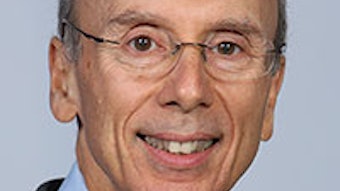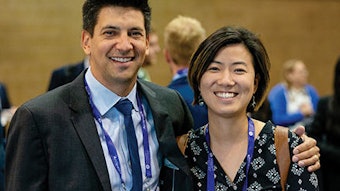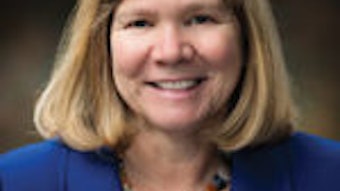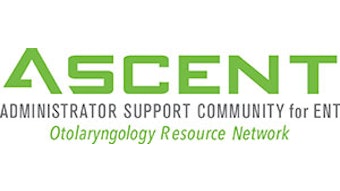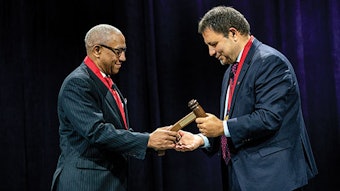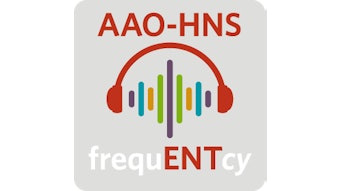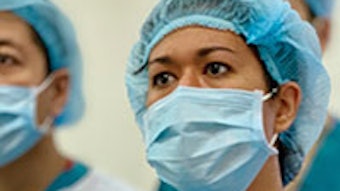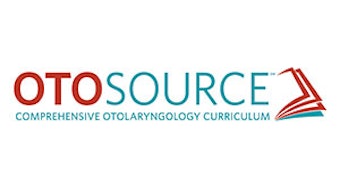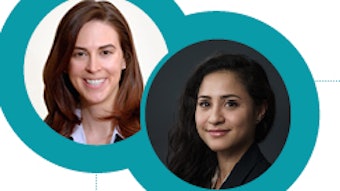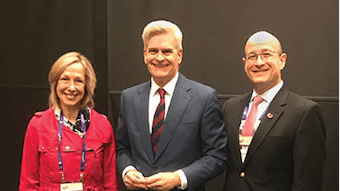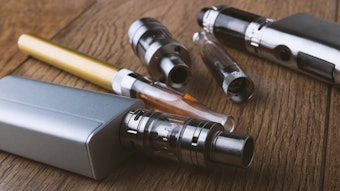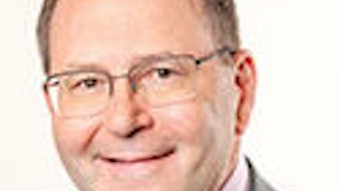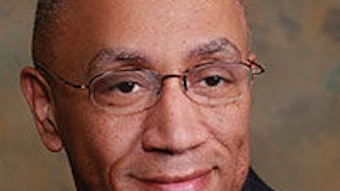International visiting scholarship report: Meet Professor Titus Sunday Ibekwe, MBBS, FWACS
I am Titus Sunday Ibekwe, MBBS, FWACS, Professor and Head of the Department of Otorhinolaryngology (ORL) at the University of Abuja and University of Abuja Teaching Hospital in Nigeria. I most recently served as Vice Chair to the International Advisory Board of the AAO-HNSF. My interest in otorhinolaryngology was partly circumstantial and also out of admiration for ORL.
I am Titus Sunday Ibekwe, MBBS, FWACS, Professor and Head of the Department of Otorhinolaryngology (ORL) at the University of Abuja and University of Abuja Teaching Hospital in Nigeria. I most recently served as Vice Chair to the International Advisory Board of the AAO-HNSF. My interest in otorhinolaryngology was partly circumstantial and also out of admiration for ORL. I suffered from recurrent tonsillitis in childhood through adolescent life, had a tonsillectomy in my final year of medical school, and scored very high in ORL assessments/examinations. As a result, I made up my mind to become an otorhinolaryngologist while still a medical student.
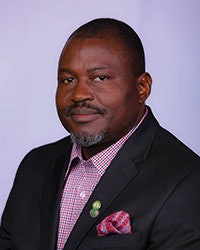
Q What motivated you to apply for an International Visiting Scholarship from the AAO-HNSF?
The search for knowledge brought me close to my teacher and mentor, Prof. Onyekwere George Nwaorgu, MD, FWACS, during my residency days. We wrote several research papers together and attended conferences within Nigeria and Africa. He encouraged me to apply for the AAO-HNSF International Visiting Scholarship (IVS), which I was awarded in 2009.
The award of the IVS marked my maiden attendance of AAO-HNSF Annual Meeting & OTO Experience in San Diego, California, after which I went to the New York Presbyterian Hospital and Cornell University in New York for tutelage under Michael G. Stewart, MD, MPH, and Samuel Selesnick, MD. I also got an offer to visit the head office of Starkey Hearing Foundation in Minnesota for training in audiology. I met Brian D. Westerberg, MD, and Frederick K. Kozak, MD, who arranged a hands-on fellowship in otology at the University of British Columbia in Vancouver, Canada, for me. These were turning points and catalysts to my career.
Q What value and benefit did you obtain for you and your practice by attending the AAO-HNSF Annual Meeting & OTO Experience?
The Annual Meeting has been a “melting pot” for connections with first-class otorhinolaryngologists and exposure to the latest innovations in the field of ORL globally. I am proud to have attended these meetings for the past decade and still counting.
Q Please share your experience during your observership, such as where it was and what was your area of focus?
My observership in the New York Presbyterian Hospital was a great career boost in both clinical and research practice of ORL. My hosts were great teachers and friends with whom I maintain a good relationship. It was an opportunity to see what is being done in the developed world in comparison with resource-limited countries. My focus was in otology and audiology, though I also observed what was obtainable in other subspecialties. There was knowledge sharing, hence I made presentations on rare illnesses that were hardly encountered in the United States, such as sensorineural hearing loss resulting from Lassa fever infections.
Q What would you say to encourage others to donate to the AAO-HNS foundation?
The execution of this project and its sustenance is capital intensive and therefore takes a lot of commitment from the AAO-HNS/F. There is also the need to increase the number of spots to accommodate many young ENT surgeons. This can only be possible through the collaboration of development/funding partners, nongovernmental organizations, and public-spirited individuals with the AAO-HNS. I strongly recommend that these groups consider endowment to the IVS program, as this will help in training astute physicians capable of training others in the various climes.
